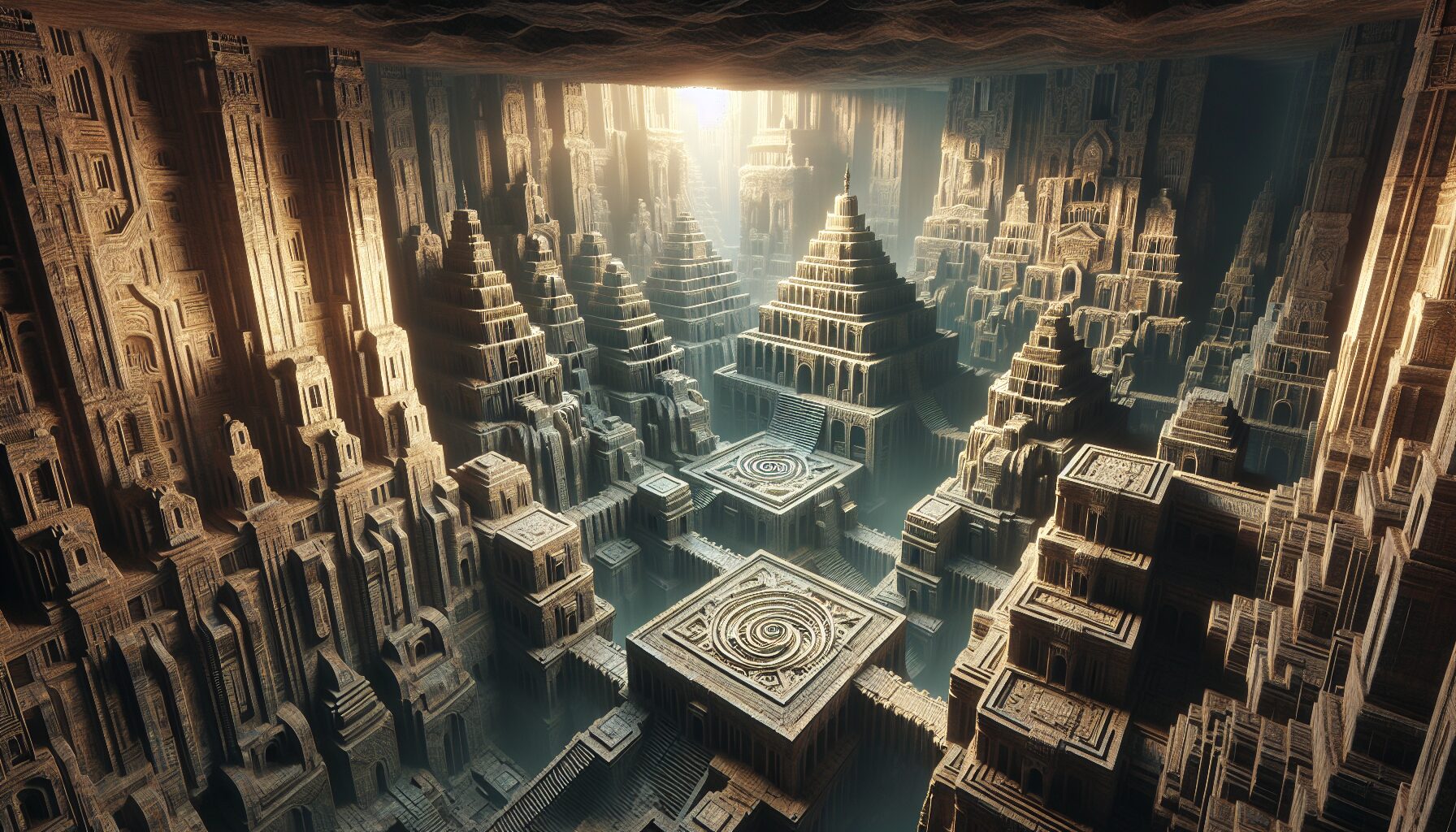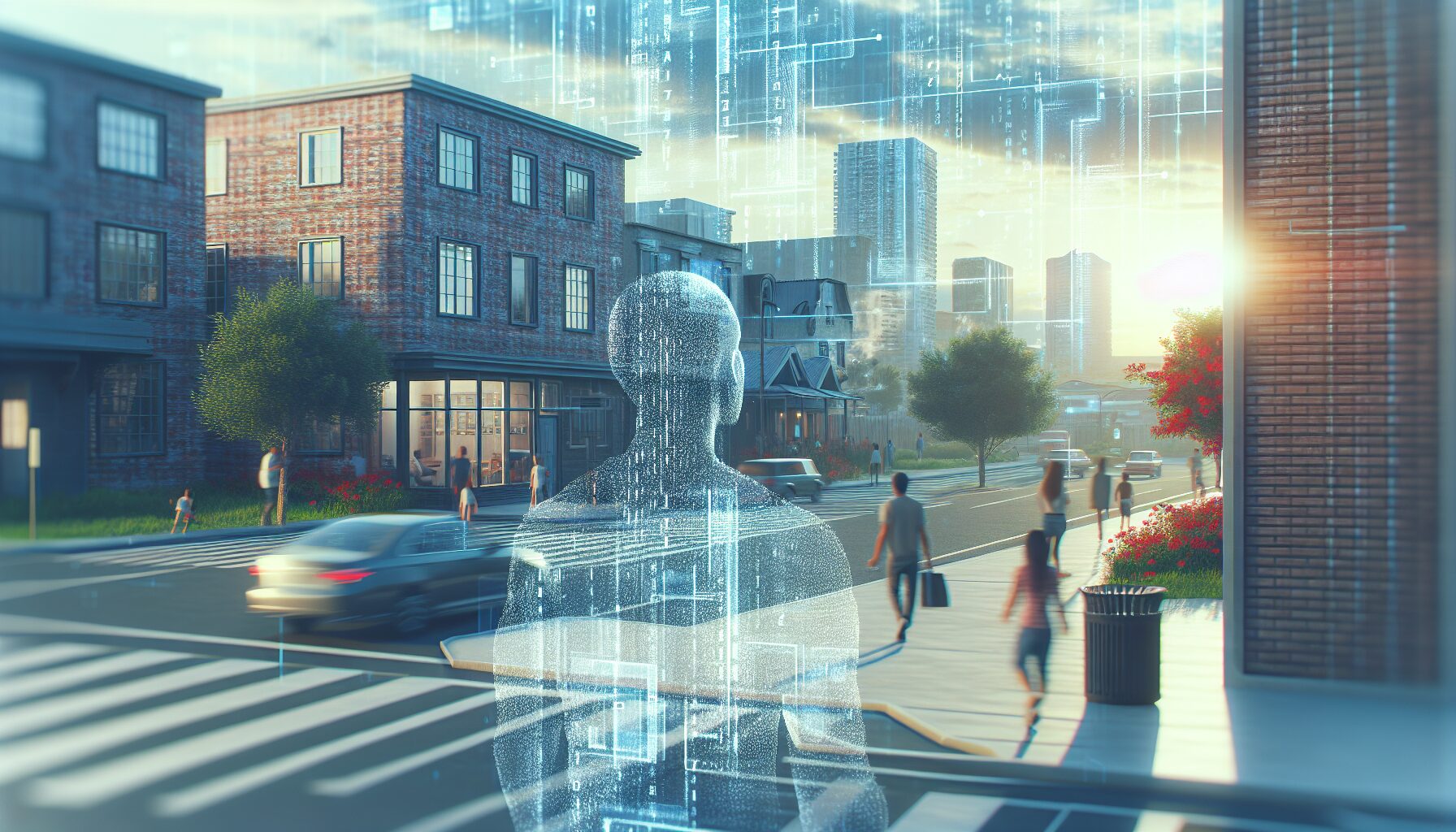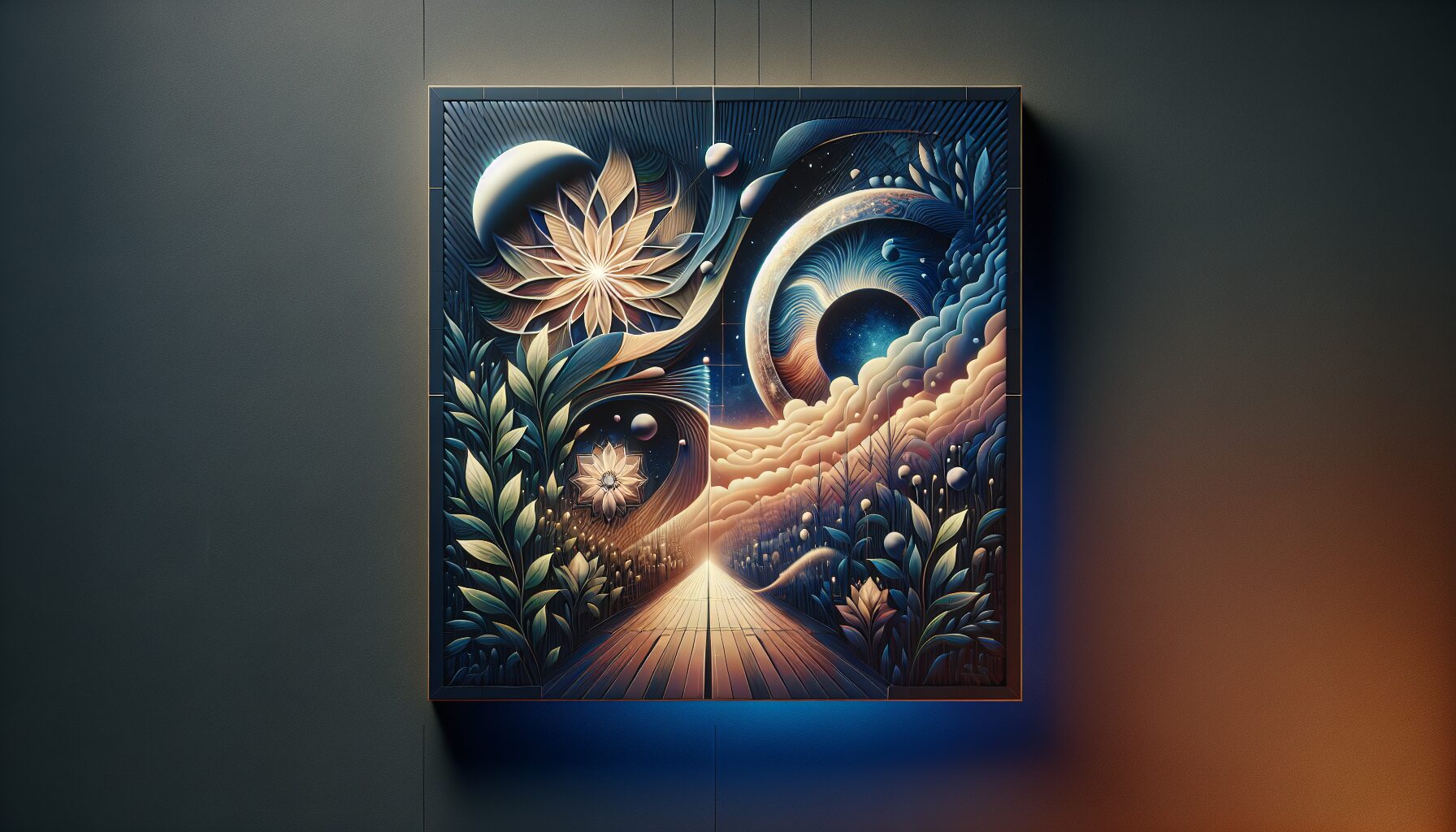Arcane Pillow Fights: Celestial Games for the Soul
The worlds of fantasy and reality often blur in the enchanted landscape of games we play. Among these, the concept of arcane pillow fights emerges as a whimsical and celestial sport—a fusion of magic and merriment that resonates with the soul.
The Origins of Arcane Pillow Fights
While traditional pillow fights are simple nocturnal battles among friends, arcane pillow fights elevate this playful pastime to an art form imbued with magic. This concept finds its roots in folklore and fantasy literature, where enchanted objects and celestial events capture our imagination.
According to a study of medieval games, the idea of imbuing household objects with magical properties is not new. In these tales, the mundane transforms into spectacle, and ordinary activities become remarkable experiences.
The Mechanics of the Game
Envision a cosmic arena, where feather-filled pillows serve as both shields and projectiles. The game is no longer just a battle of brawn but incorporates elements of strategic enchantments and mystical prowess.
- Enchanted Feathers: Each pillow is filled with feathers plucked from mythical creatures, each feather endowing the pillow with unique powers like flight or invisibility.
- Celestial Arenas: Fields shimmer under starlit skies or amidst rolling nebulae, with each location granting its own magical boosts and challenges.
- Spells and Incantations: Players wield simple spells that affect pillow trajectory, strength, and even the dreamlike state of their opponents.
This fantastical sport requires not only agility but skillful spellcasting, turning each match into an unforgettable event of strategy and sorcery.
Arcane Pillow Fights in Popular Culture
The allure of arcane pillow fights has found its place in modern media, inspiring scenes in films, books, and games. In Harry Potter and the Goblet of Fire, J.K. Rowling showcases enchanted objects sparking competition. This theme resonates with the whimsical yet competitive nature of arcane pillow fights.
“The lines between reality and imagination blur in these games, inviting participants to suspend disbelief and engage with the extraordinary.”
From the playful battles in The Chronicles of Narnia to the spellbinding confrontations of The Lord of the Rings, literature has long explored the tension between the ordinary and the enchanted. It’s this intersection that animates the concept of a pillow fight imbued with magic.
The Cosmic Appeal
Why do these celestial games captivate our souls? It is perhaps the invitation to explore realms where the ordinary laws of nature bend, allowing for new narratives and experiences. Scholars, such as those studying the anthropology of play, suggest that such activities allow participants to transcend their everyday constraints.
- Engagement: The game’s magical nature heightens engagement, encouraging participants to let go of the familiar and embrace the fantastic.
- Interactivity: In a world where technology often isolates, arcane pillow fights promise an intimate and interactive experience.
These games also offer an escape from the mundane, fostering imagination and creativity while cultivating camaraderie among players.
The Future of Arcane Pillow Fights
Looking to the future, the popularity of augmented reality and virtual reality may soon bring arcane pillow fights closer to the mainstream. Technologies that blend physical and digital realms can simulate enchanted environments, allowing players to create real-time magic.
Imagine donning VR headsets or engaging in mixed-reality platforms where every swing of the pillow unleashes a cascade of light and sound, turning living rooms into arenas of wonder. This evolution would not only revolutionize the game but also redefine the social dynamics of play.
Concluding Thoughts
Arcane pillow fights symbolize more than mere entertainment; they represent an invitation to reignite the spark of imagination inherent in us all. As technological advancements bridge the gap between reality and fantasy, these celestial games promise a revival of magic in our hearts and homes.
If you are intrigued by the idea of fusing traditional play with fantasy and technology, the realm of arcane pillow fights might be the celestial experience your soul seeks.




